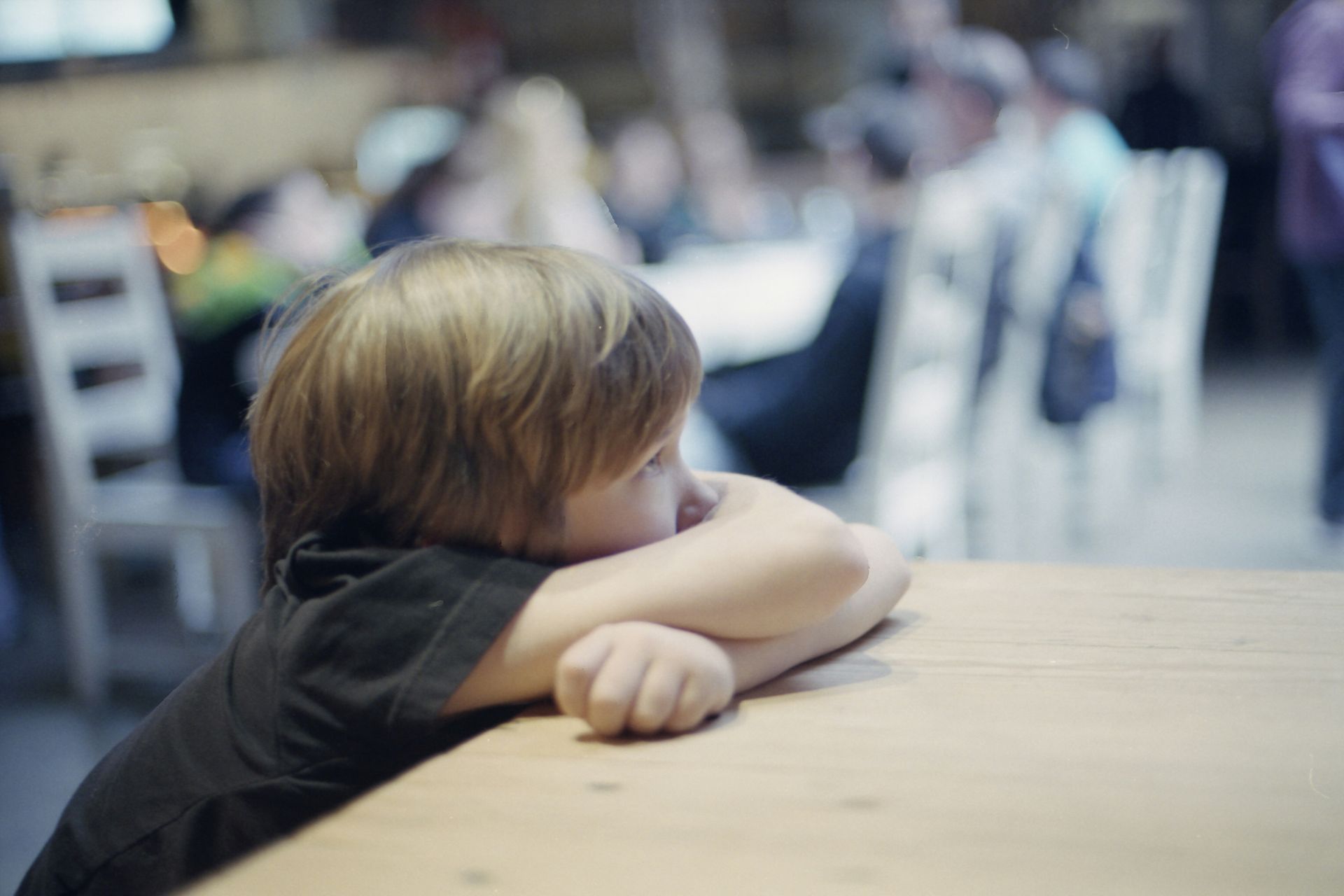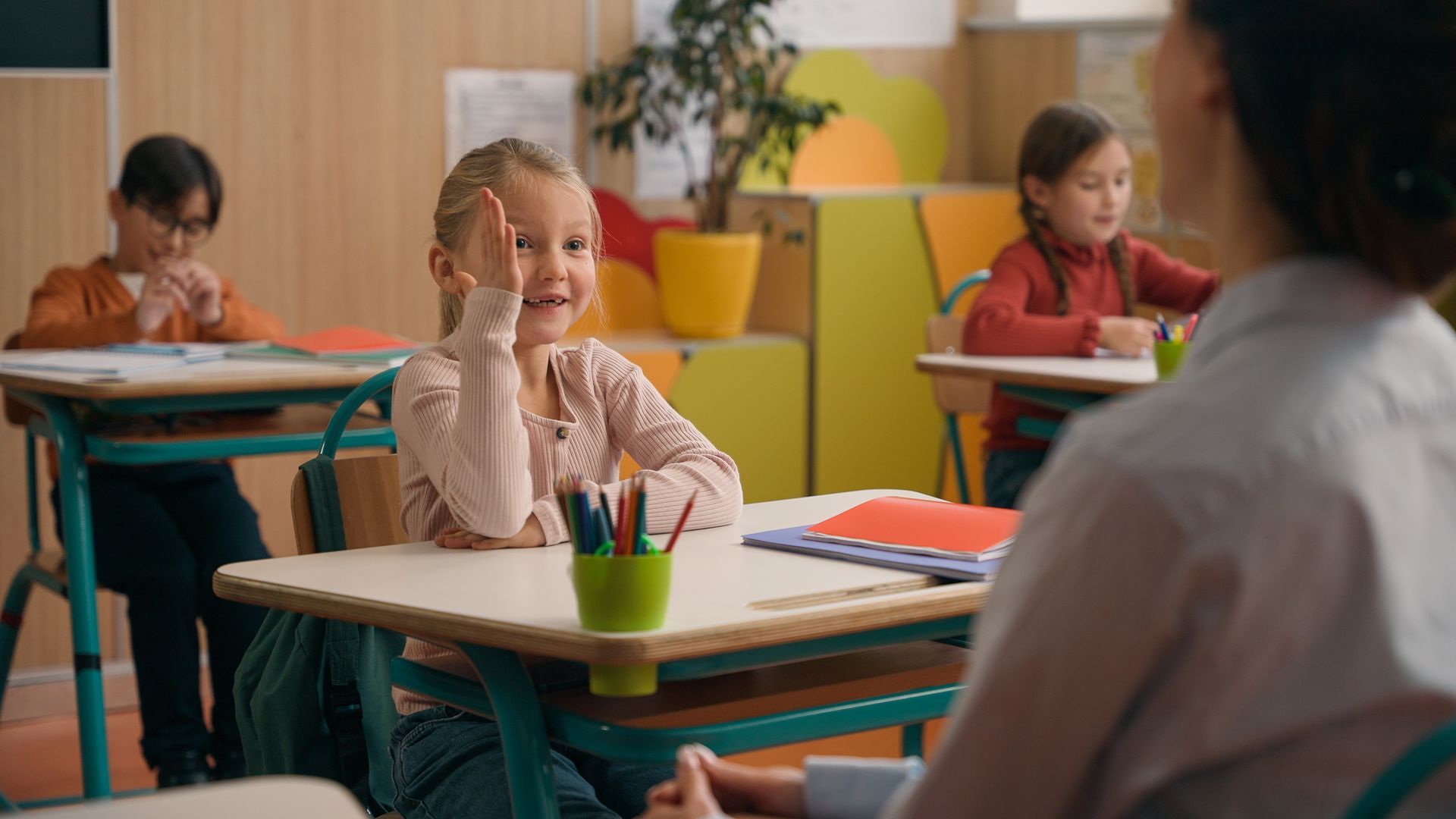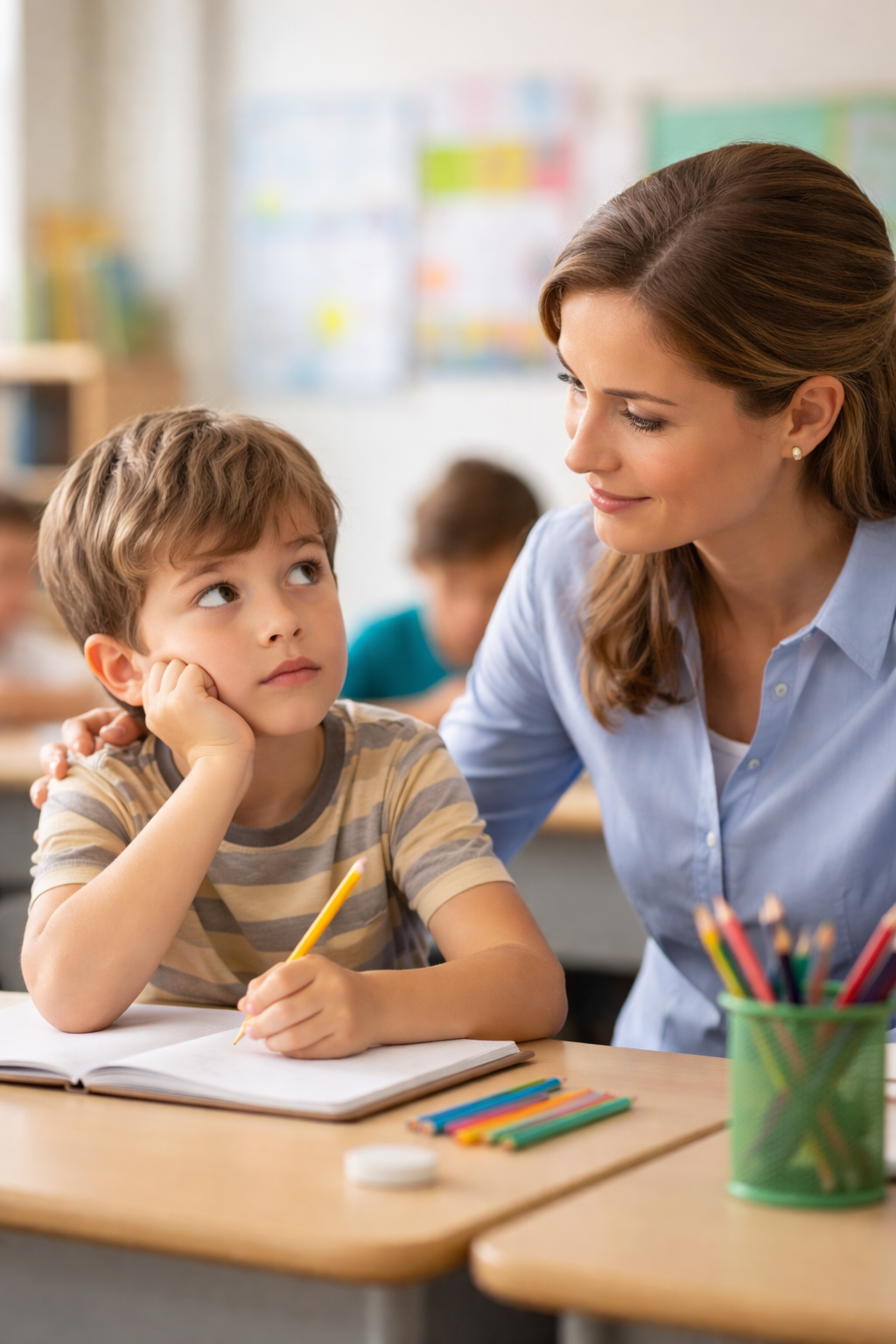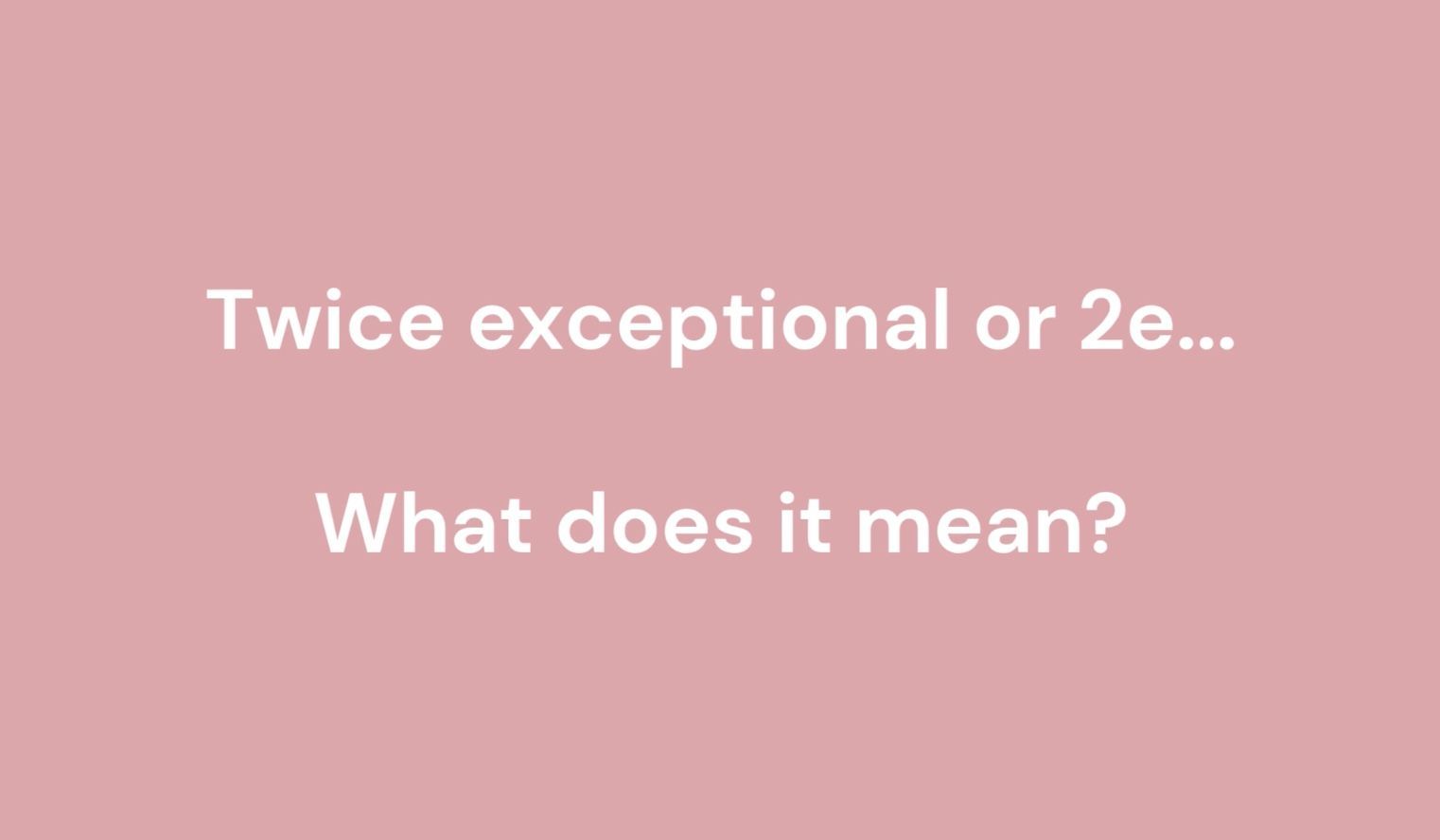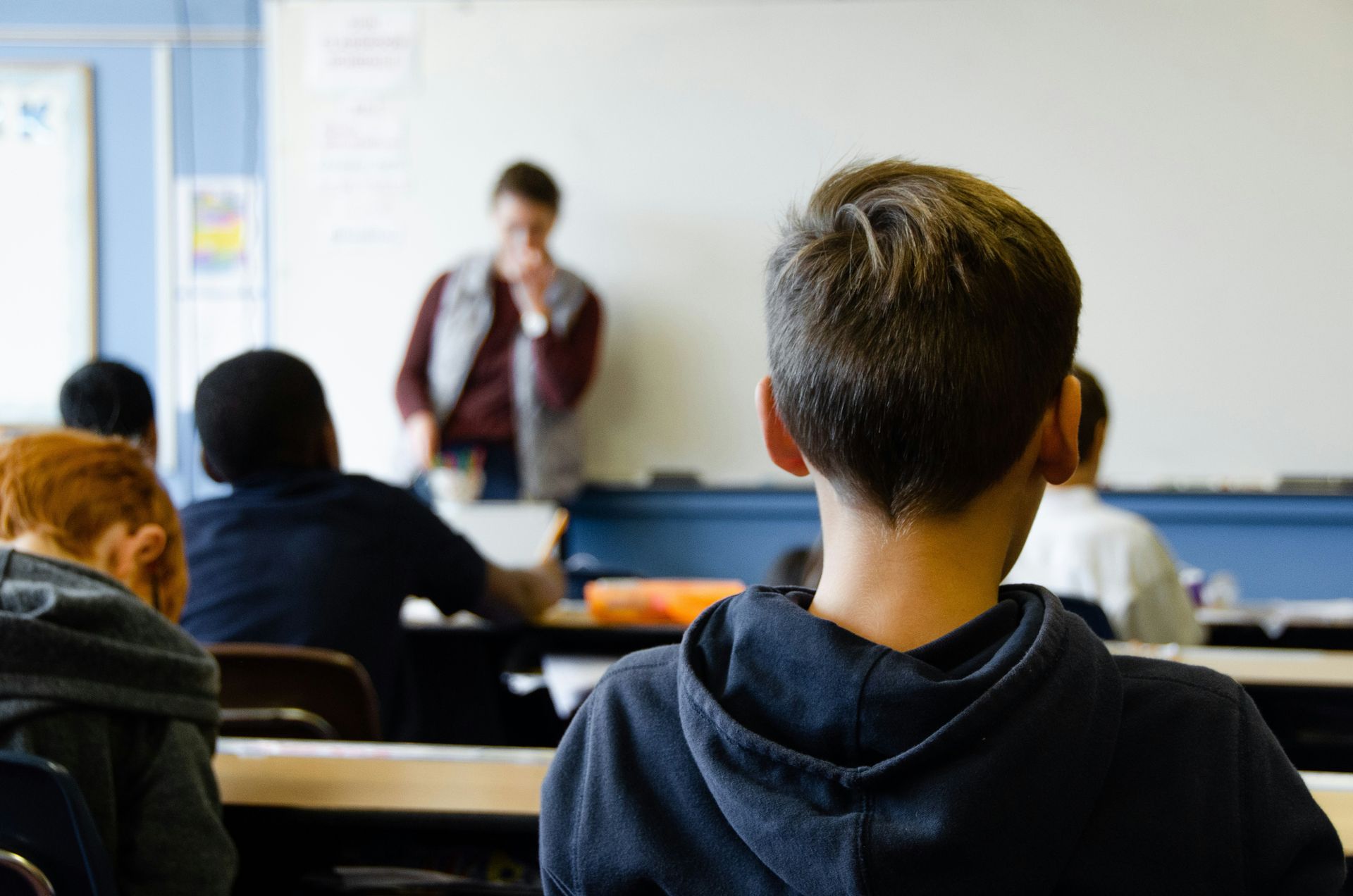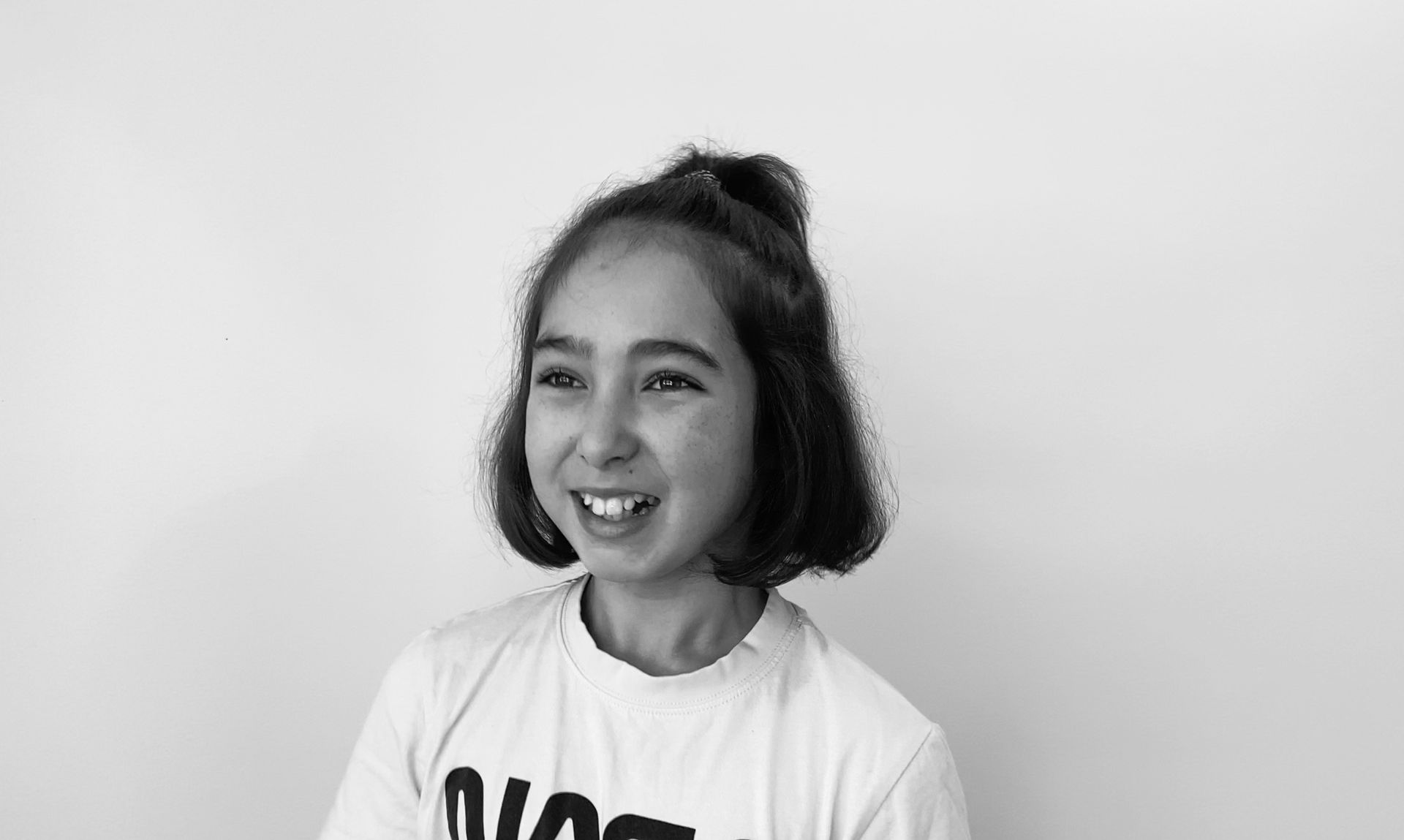Friendship in Early Childhood
The Australian Association for the Education of the Gifted and Talented believes that gifted learners need to be included in school and classroom planning every day of the school year. Themed days or weeks in the annual school calendar provide an opportunity to nurture, support and promote the inclusion of gifted learners. Harmony Day, Science Week, National Tree Day, Clean Up Australia Day and National Day of Action against Bullying and Violence are some examples of opportunities to be intentional about involving gifted learners.
In 2021, the Australian Association for the Education of the Gifted and Talented asked three of our members who are Early Childhood Specialists to respond to the theme for Children’s Week:
“Children have the right to choose their own friends and safely connect with others”
These are their responses.
Article 1
Children have a right to choose their own friends and safely connect with others
By Elizabeth Barns
The need for friendship endures across our life span, and positive relationships can have a significant effect on our wellbeing and feelings of self-worth. The skills of making and maintaining friendships begin in early childhood. These relationships usually occur with those who share our interests, and they tend to be transient and play focused. As we grow, we look for enduring friendships with those who have similar core values, personality, and interests to ourselves.
Our education system, that groups children according to age, assumes that meaningful learning and friendships will most likely occur within this peer group, though as adults we understand that respectful and reciprocal relationships rarely only occur with those that are the same age as ourselves. Gifted children tend to have more mature play interests and higher expectations of friendships than their same aged peers. Hollingworth (1942) and Whitmore (1980) both identify that the gifted may have difficulty “finding peers who truly understand and appreciate their unusual and advanced perceptions” (Lovecky, 1992, p.18). They can often have more in common with older peers, both socially and cognitively, but due to limited opportunities with a diverse peer group, gifted children can be left feeling socially inadequate, frustrated and isolated.
As we celebrate Children’s Week 2021, we reflect on the theme ‘Children have a right to choose their own friends and safely connect with others.’ For gifted learners this requires us to think innovatively. In order to meet the cognitive and social needs of the gifted, we need to listen to their voice and offer them choices, that include challenging opportunities that meet the child at their point of need and transcend age and grade. Gifted children are competent and capable, and provide valuable insight into their own unique needs. We need to acknowledge that children have rights and we, as the adults, have responsibilities. Providing all children, including gifted children, with positive levels of engagement and meaningful social connection with like-minded peers, is a societal responsibility that requires a more innovative and dynamic educational structure.
References
Hollingworth, L. S. (1942). Children above 180 IQ Stanford-Binet: Origin and development. World Book Company.
Lovecky, D. V. (1992). Exploring social and emotional aspects of giftedness in children. Roeper Review, 15(1), 18-25.
Whitmore, J. (1980). Giftedness, conflict, and underachievement. Allyn & Bacon.
Elizabeth Barns
BEd (ECh), MEd (SpEd). Member of the AAEGT
Elizabeth Barns holds a Bachelor of Education (Early Childhood) and a Master of Education (Special Education including gifted). She has been an early childhood educator for more than 25 years, as a teacher and director in long day care and preschool. She has taught in vocational education and higher education for the last 15 years. She is currently an academic with a focus in early childhood, gifted and special education, and is on the committee for Gifted NSW.
Article 2
Children have a right to choose their own friends and safely connect with others.
By Dr Kerry Hodge
Three-year-old Billy keeps to himself at preschool, which causes his educators some concern. They try to involve Billy with other children, with limited success. However, his parents are not so worried. They report that Billy is very popular as a playmate with the friends of his 5-year-old brother at home, where he successfully joins in the give-and-take of ideas as their play evolves.
Billy’s situation highlights the barriers that age-based structures can create for gifted children in terms of opportunities to make and keep friends. It’s hard to have a friend if no one shares your interests, especially if the other children your age just want to run around together, while you have firm ideas about how to build a spaceship that’s going to fly to Mars. It’s no wonder that Billy chooses to sit and make intricate drawings about space exploration instead at preschool.
Ability grouping, with its opportunity for like minds to become friends, is rarely an option below school age. When it does occur, as a gifted playgroup or perhaps an enrichment class, it is usually in the community and only once a week. However, friendships can develop there, especially if families of compatible children choose to get together informally outside the scheduled times.
What options do early childhood educators have? Preschools and childcare centres must comply with mandated adult-to-child ratios based on age. This influences structures that make children’s movements between age groups tricky. Some early childhood settings meet regulations through ‘family groupings’ where ages are mixed and younger and older children spend most of their time together. In this structure, younger gifted children can easily choose to associate with children who offer a better social match, and age barely matters for the children involved. Of course, the oldest children cannot gravitate ‘upwards’, but they may emerge as leaders for younger children willing to be led in play scenarios at times.
Most settings separate age groups. Different rooms for the ‘fours’, ‘threes’, ‘twos’ and babies works well for many children, perhaps with some mixing outdoors. For a gifted child like Billy, some flexibility is required. If there is a ‘like mind’ in the older group whom Billy could spend time with, he could gain some companionship while playing at a satisfying level of complexity. A bonus is motivation to practise his social skills in order to retain this friendship. If this arrangement works well and numbers permit, Billy could move permanently to the older group. The drawback from this ‘grade-skip’ is that eventually a decision must be made about the following year. Could Billy be allowed early entry to school, or must he ‘repeat’ a year in the four-year-olds’ room? This could be a return to the earlier mismatch unless some of his age peers have matured significantly!
As happens with older ages, acceleration is not viewed favourably by most early childhood educators. Social and emotional reasons are commonly cited against early entry, even when the child clearly is intellectually ready for the school curriculum. There is a tendency for educators to assume that a child, like Billy, who plays alone is lacking social skills and to recommend another year of preschool or childcare while their social skills develop. It is important that educators find out from parents about the child’s friendship choices outside the early childhood setting. A child who seeks and is accepted by older children in the extended family or neighbourhood is certainly ready to meet the wider world of school and have access to a wider pool of potential friends.
Gifted young children are in good hands when their early childhood educators understand their social needs, communicate well with families and find ways to promote opportunities for access to children who could become their friends.
Kerry Hodge
PhD. Member of the AAEGT
Dr Kerry Hodge has worked in early childhood education as a teacher, consultant, lecturer and researcher, with a particular focus since the 1990s on the education of young gifted children. In 2009 she was awarded a Churchill Fellowship to investigate overseas programs for gifted preschoolers and teacher training in early gifted education. Kerry is currently an Adjunct Fellow in the School of Education at Macquarie University in Sydney.
Article 3
Children have a right to choose their own friends and safely connect with others
By Dr Rosalind Walsh
Childhood is the only period of our lives when it is assumed that our friends will be people whose birthdays fall within 18 months of our own. Well-meaning early childhood educators have often promoted “we’re all friends at preschool”, failing to realise that this takes away choice from young children, and forces them to like everyone who happens to share a classroom with them.
The situation can be even more fraught for young intellectually gifted children whose conceptions of friendship can be more advanced than their same age peers. In the early childhood years most children find friends based on similar play preferences. “You like cars. I like cars. Let’s play cars together.” For most children, the fact that they are at similar developmental stages would tend to suggest that they will have similar interests. However, this is not true for all children and particularly not true for children with advanced development. Finding a like-minded peer to play chess with in preschool is going to be a stretch. And may well lead to frustration when age peers find it difficult to understand complex rules. This may lead to emotional outbursts from a gifted child who can’t comprehend how their age peer can’t grasp that the knight moves in a particular way. In turn this can lead to a perception that young gifted children are emotionally immature, when in fact, what we are seeing is a child coping with a mismatch between their intellectual and social-emotion skills. Imagine explaining to a colleague, over and over again how a process works, only for that colleague to stare at you blankly. It would be hard enough for an adult to understand and handle sensitively. Now imagine a four year old in this situation.
Grouping children by age has always been a matter of convenience (babies need to sleep at a certain time, play materials may not be safe for younger children etc.). Some enlightened early childhood services have moved away from age-based grouping to allow siblings to interact and children to find like-minds and friends across a whole setting. For some gifted children, their closest intellectual peer may be the teacher. Other gifted children sense their own difference from a young age and are attracted to other children who don’t appear to fit in, making friends with other children who may have been sidelined from the dominant peer-group.
What we know from decades of research in gifted education is that finding a ‘true’ friend is often a gifted child’s highest priority. We all want someone to understand and value us. We also know that gifted children tend to make friends with older children, which is why it is so important that children have access to a range of age mates. We also know that healthy social-emotional development depends on having at least one good friend. Often schools will split up children who are very close, hoping that this will encourage them to make more friends, when in fact that one good friend is all that the child needs.
I get on with the people I work with. I appreciate their variety of talents and their dedication. This doesn’t mean I want to invite them over for dinner and hang out on a Friday night. Nor do I restrict my friendship group to all those who happen to be turning the same age as me this year! We need to learn to be kind to everyone, but we certainly don’t need to be friends with everyone, and children have the right to choose their own friends.
What can educators and parents do?
- Don’t assume that children will only make friends with others of the same age. Allow and encourage cross-age friendships.
- Provide opportunities for children of different ages to mix. Community playgroups allow for children 0-5 to mix together. In later years, community groups such as Girl Guides and Scouts have groups that operate over a range of ages.
- Allow flexibility with age-based rooms in early childhood setting.
- Provide communal space in early childhood settings where child of all ages can mix.
- Provide invitational curriculum opportunities where children, regardless of age, can take part based on their intellectual development.
Recommended reading
Gross, M. U. M. (2002, May). ‘Play partner’ or ‘sure shelter’: What gifted children look for in friendship. SENG Newsletter, 2(2), 1–3. Retrieved November 24, 2010 from http://www.sengifted.org/articles_social/Gross_ PlayPartnerOrSureShelter.shtml
Grant, A. (2013). Young gifted children transitioning into preschool and school: What matters?. Australasian Journal of Early Childhood, 38(2), 23-31.
Shore, B. M., Chichekian, T., Gyles, P. D., & Walker, C. L. (2018). Friendships of gifted children and youth: Updated insights and understanding. The Sage Handbook of gifted and talented education, 184-195.
Rosalind Walsh
PhD. Member of the AAEGT
Rosalind completed her PhD at Macquarie University’s Institute of Early Childhood. Her research focused on how young gifted children answered higher order thinking questions during picture book reading.
NB: Please note that these articles only represent the views of the author(s), and are not necessarily representative of the views of the Australian Association for the Education of the Gifted and Talented.
Disclaimer: The views and opinions expressed in this blog are those of the author and do not necessarily reflect the official policy or position of the AAEGT.
Share this resource
Resources
